First Step: Nourish your hair, skin and nails from within!
What is Hair, Skin & Nails?
Hair, Skin & Nails is a unique combination of several key vitamins, minerals, essential fatty acids, herbs, and other nutrients that will support and maintain the health of your hair, skin, and nails.
This formulation will provide the extra nourishment needed to keep hair, skin, and nails strong and beautiful. Optimal health of hair, skin and nails starts from the inside and requires the proper nutrients to ensure beauty and nourishment.
The majority of Americans do not get the essential nutrients they need from diet alone, and our soil is depleted of vital vitamins and minerals. In addition, today’s stressful lifestyle can deplete the body of the vitamins, minerals, and nutrients it needs to stay in optimal health. This formula will replenish key nutrients necessary for strong and beautiful hair, skin, and nails.
Below is a list of ingredients in our Hair, Skin & Nails.
Vitamin A (Beta Carotene)
Beta Carotene is a member of the carotenoid family; carotenoids are plant compounds that provide the yellow, orange and red colorations in fruits and vegetables. It is a powerful antioxidant that helps prevent free radical damage to the body.*
Vitamin C
Vitamin C has many health benefits, but it is primarily recognized for supporting immune function and as a powerful antioxidant and cell protector. It is the most powerful water-soluble antioxidant, playing an essential role in protecting the body from oxidative damage caused by free radicals. It helps to neutralize the potentially harmful reactions in the blood and the fluids surrounding the cells. Vitamin C may also protect other antioxidants, such as Vitamin E.*
Vitamin E
In the past 20 years, Vitamin E has been discovered to be a potent fat-soluble antioxidant that prevents the oxidation of lipids. Since cell membranes are composed of lipids, it is vital to the stability and integrity of cellular tissues and membranes in the body. Its effectiveness is increased when taken with other antioxidants, especially Beta Carotene, Vitamin C, and Selenium. *
Biotin
Biotin is a member of the Vitamin B complex, although it is not actually a vitamin. It is a coenzyme that works with vitamins. Biotin gets its name from the Greek word bios, which means “life” and was first isolated in 1936. Biotin is necessary for the metabolism of fats, carbohydrates and protein. As a coenzyme, it is involved in a number of processes and is utilized by every cell in the body. Biotin is involved in energy metabolism and plays a role in enabling the body to use glucose. It is essential for cell growth and replication. It helps form and maintain chemical structures in keratin (the major protein found in hair and nails). Biotin is water-soluble, so any excess will be eliminated in the urine.*
Iodine
Iodine is a trace mineral that is essential for healthy thyroid function. Iodine also provides the crucial building blocks for the hormones secreted by the thyroid gland. Foods rich in Iodine include seafood, sea vegetables, kelp, and vegetables grown in iodine-rich soils. Iodine’s only known function is the role it plays with thyroid function. Healthy thyroid function is important for healthy metabolism, oxygen consumption, and energy production. The iodine-dependent hormones that are produced by the thyroid control such functions as body temperature, physical growth, reproduction, and the growth of skin and hair.*
Selenium
Selenium is a trace mineral and potent antioxidant. It works synergistically with Vitamin E to protect cells from free radicals; this team may support immune and cardiovascular health. Selenium is an important part of the antioxidant enzyme glutathione peroxidase, which works with Vitamin E to help prevent free radical damage to cell membranes. Selenium also protects the body from heavy metal toxicity. It is important to note that Selenium is toxic at doses of more than one milligram per day.*
L-Cysteine
Cysteine is a sulfur-containing non-essential amino acid that is closely related to cystine. Cystine actually contains two cysteine molecules that are joined together. Being a non-essential amino acid means that sufficient amounts of Cysteine are formed from L-Methionine (an essential amino acid) and L-Serine via a transsulfuration reaction in the body. L-Cysteine serves as a precursor for the synthesis of proteins, Taurine, Coenzyme A, Biotin, inorganic sulfate, and also serves as a major precursor for the synthesis of the potent antioxidant Glutathione. *
L-Methionine
L-Methionine is an essential amino acid that is crucial for a variety of chemical interactions in the body including controlling the level of beneficial sulfur-containing compounds in the body. It also helps maintain functions that rid the body of toxins, provide for absorption of nutrients, and support healthy immune response.* Food sources of L-Methionine include sunflower seeds, beef, eggs, cottage cheese, chicken, fish, pork, liver, sardines, yogurt, pumpkin seeds, sesame seeds, and lentils.
Borage Oil
Borage Oil is derived from the seeds of the borage (Borago officinalis) plant. It is native to Europe and North Africa, but is also cultivated in North America. It is the richest source of the omega-6 essential fatty acid, Gamma Linoleic Acid (GLA), containing 20-26% GLA. GLA is derived from Linoleic Acid which is present in many common vegetable oils like safflower and sunflower. GLA is the precursor for many important prostaglandins, which are hormone-like substances that may affect blood thickness, skin and joint health, cholesterol levels, dilation and constriction of blood vessels, and more. While omega-6 is readily available in the diet and consumed in large quantities in the American diet, many people are still deficient in GLA. Scientists think this is explained by the fact many oils containing omega-6 are hydrogenated, which can inhibit the conversion of omega-6 to GLA. Other than Borage oil, the primary dietary sources of GLA are Black Currant Seed Oil and Evening Primrose Oil. GLA can also be produced in the body from omega-6 fatty acids.*
Flax Seed Oil
Flax Seed Oil (also known as Linseed Oil) is one of the best vegetarian sources of essential fatty acids. It contains approximately 50-60% of the omega-3 essential fatty acid, known as Linolenic Acid or Alpha Linolenic Acid, and roughly 18-20% of the omega-6 essential fatty acid known as Linoleic Acid. Flax Seed Oil is nature’s richest source of Linolenic Acid, which is frequently deficient in American diets. The essential fatty acids have several important functions. They are a necessary component of cell walls and cellular membranes throughout the body, they help in energy production, and they help regulate the breakdown of cholesterol and triglycerides. Most Americans consume diets that contain too much of the omega-6 fatty acids and not enough of omega-3 fatty acids. Flax Seed Oil is a very important nutritional supplement because it is nature’s best vegetarian source of omega-3 fatty acids.*
Silica (from Horsetail Extract)
Horsetail (Equisetum arvense) is a plant found throughout the Northern Hemisphere in Asia, Europe, and North America. Horsetail contains silica and silicic acid, of which a portion contains elemental silicon, a vital element for healthy tissues and organs of the body including the skin, hair, nails, teeth, bones, tendons, and ligaments. It is commonly an ingredient in many types of skin-care products.*
Collagen Type II (Hyaluronic Acid and Chondroitin Complex)
Hyaluronic Acid’s, also known as HA, importance cannot be underestimated as it is present in every tissue of the body. It is believed to help maintain healthy water balance while also providing nutrients and removing waste from cells that do not have a direct blood supply, such as cartilage cells. With an adequate amount of hyaluronic acid, nutrients cannot be moved into these cells and waste cannot be eliminated from cells. Hyaluronic acid is found in the synovial joint fluid, the vitreous humor of the eye, the cartilage, blood vessels, extracellular matrix, skin, and the umbilical cord.*
Red Clover
Red Clover, just as Soy, is a member of the legume family. The unique point of difference between isoflavones derived from Red Clover and those extracted from soybeans is that Red Clover extracts contain all 4 different isoflavones (genistein, daidzein, biochanin, and formononetin), while soybeans contain only 2 (genistein and daidzein). Red Clover also contains flavonoid compounds called coumestans, which some studies suggest have six times more estrogen like activity than Soy Isoflavones.*
Chondroitin Sulfate
Chondroitin Sulfate is a glycosaminoglycan, which is a long chain of specialized polysaccharides (or sugars). It is used in the body as a building block to form connective tissues such as cartilage; it is also present in the walls of blood vessels. It keeps cartilage fluid and elastic. Researchers believe that Chondroitin Sulfate works in two different ways: it provides the raw material needed to build cartilage and it may block enzyme activity that breaks down cartilage. *
Zinc
Zinc is considered an essential trace mineral and is thought to perform over 300 enzymatic functions in the body. It is primarily stored in the muscles, bones, and skin, with high concentrations also appearing in the retina of the eye, liver, kidneys, pancreas and the prostate gland in men. It plays a role in virtually all biochemical pathways and physiological processes of the human body. One of the first signs of Zinc deficiency is a loss of taste and smell. The body does not manufacture Zinc therefore it is necessary to obtain it from external dietary sources.*
MSM
MSM (methylsulfonylmethane) is a natural sulfur-containing compound that is produced in the human body. Although MSM occurs naturally in foods, even moderate food processing destroys most of it. MSM is a source of biological sulfur, which is a major component in many of the body’s proteins, tissues, hormones, and enzymes. Plants, animals, and humans also need biological sulfur for a wide variety of physiologic processes including detoxification of the liver. MSM is known for its support of healthy blood flow and joint health.*
Astaxanthin
Astaxanthin is a naturally occurring carotenoid that acts as a powerful biological antioxidant. Astaxanthin exhibits strong free radical scavenging activity and protects against lipid peroxidation and oxidative damage of LDL-cholesterol, cell membranes, cells, and tissues. Astaxanthin has been the focus of a large and growing number of peer-reviewed scientific publications. *
74 Trace Mineral Blend & Proprietary Blend
Our 74 Trace Mineral Blend and Proprietary Blend containing White Tea Extract, Oat, Milk Thistle Seed, and Bioperine have been added to this formula to maximize the benefits and absorption of the other nutrients in the blend. They provide key minerals, healthy liver support, and help to ensure the best possible assimilation of the many important nutrients unique to Hair, Skin & Nails.*
*These statements have not been evaluated by the Food and Drug Administration. These products are not intended to diagnose, treat, cure, or prevent any disease.




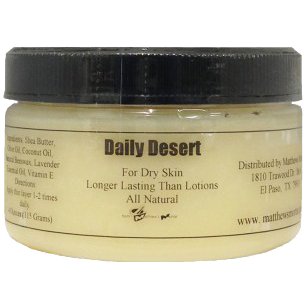
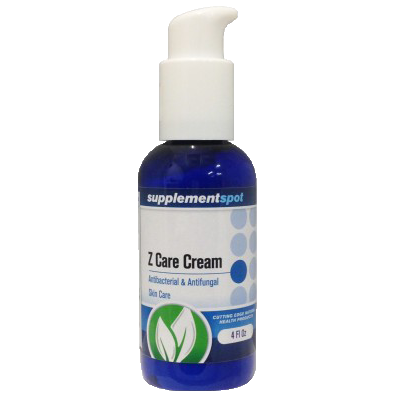
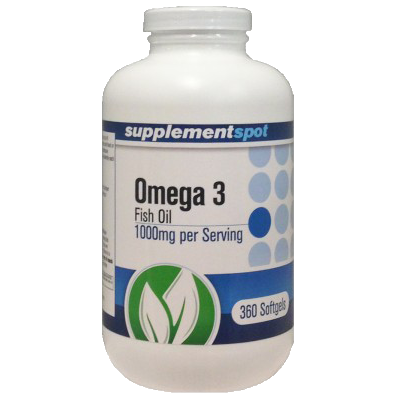

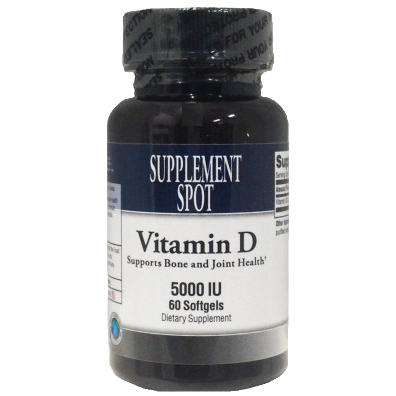

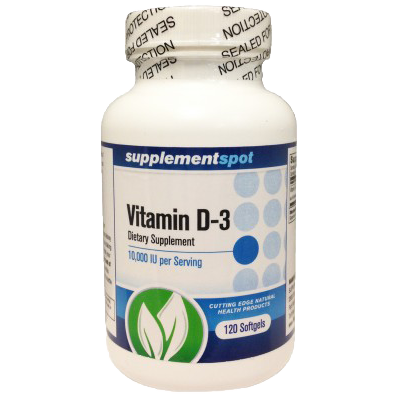
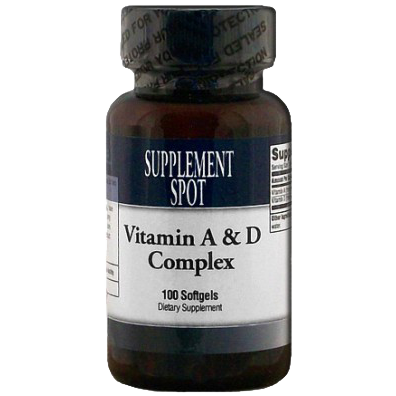
Reviews
There are no reviews yet.